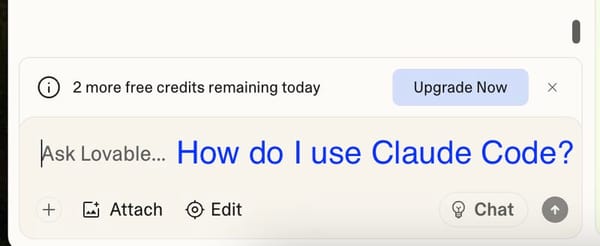The Age of Digital Inhibitions

There has been a lot of conversation in the last couple of years about online privacy. But I think actually there’s a bigger theme that it all plays into – for me, these years have been just as much about shifting digital inhibitions.
What does that mean? Let’s take a step back to get the full picture – how has technology helped people overcome their inhibitions to the point where they’re almost unaware of them and what’s that going to mean over time?
The evolution of uninhibited publishing
Previously, the abillity to publish was inhibited by technology. Without access to a printing press or broadcasting systems, reach was limited, leaving the power in the hands of the few.
But since then, recent developments have offered people an easier way to get their message out to the world. And as a result, modern technology has helped people become more uninhibited.
At first, I think people struggled to understand what they could say on the web, paralysing themselves with never ending revisions to make sure their phrasing was perfect. They felt that putting a message out there and saying something was to make themselves vulnerable, something their natural feelings of inhibition made difficult.
But the confidence to express yourself is generally agreed to be a good thing when consciously embraced. To chose to communicate your thoughts to the world and impress your conclusions upon people is a healthy and posistive thing – I think it makes a more well-defined person (check out Tac Anderson’s thoughts on that here, much of which I agree with.)
Confidence – how much is too much?
However. The flipside of all this is that the confidence of publishing and the tools to be able to do so can easily lead to a lapse in that consciousness. No longer is it a matter of considering a thought, finding a balance and publishing your message, instead it can come so naturally that you publish without really thinking.
Hence all the rubbish on Facebook and similar where people post something not for any audience but just for themselves to experience that sense of expression.
First came individuality, now the gates are open and the tidal wave of identity is unleashed.

What’s next?
Some say there’ll be greater and greater outrage about pivacy settings. I don’t think so.
Just look at Facebook. Its latest settings usher in a new era or unconscious publishing- it’s not going to be about people sharing what they’re saying (status updates), it’ll be about them sharing what they’re doing (frictionless updates.)
People confuse Foursquare with the latter but you still have to choose to check in.For me, the example that sums it up is knowing someone’s sad becuase they say so (and are obviously looking for attention) or realising they are becuase you can see they just looped a playlist called “Sad songs” on Spotify for three hours straight.
And I think that’s powerful stuff and a big change for social networks.
What do you think?


